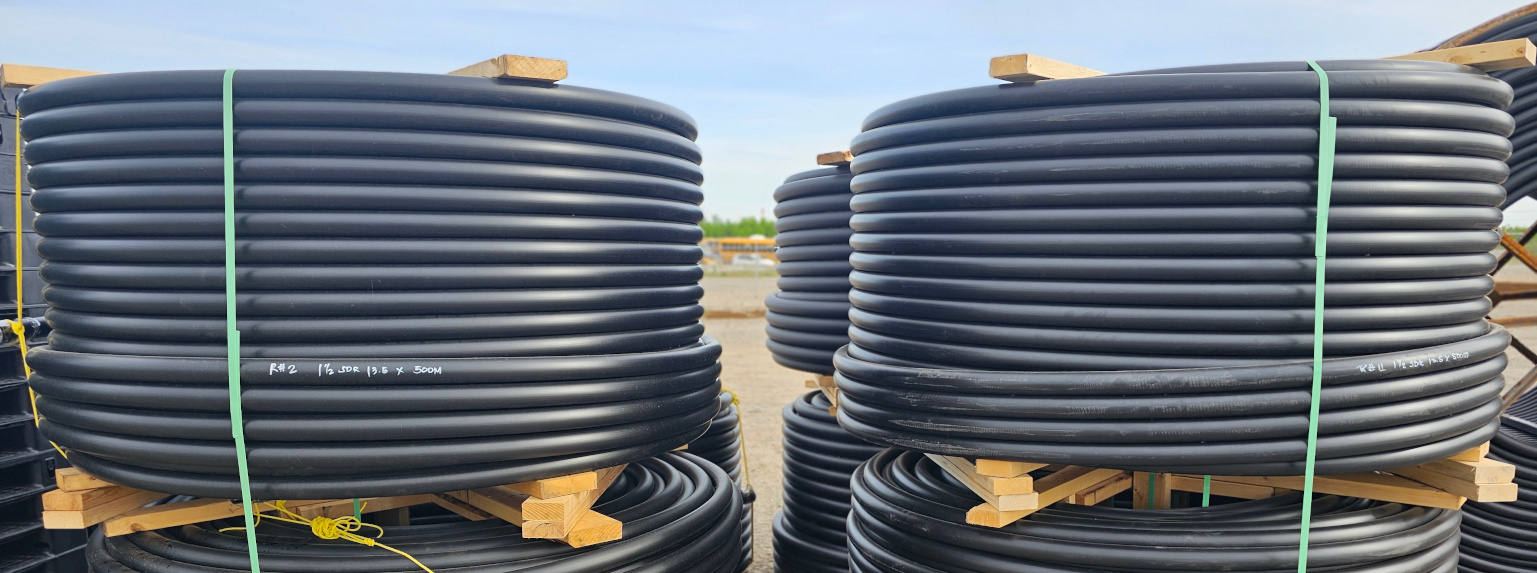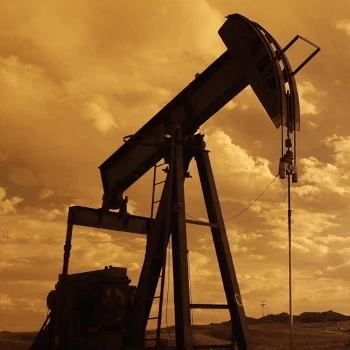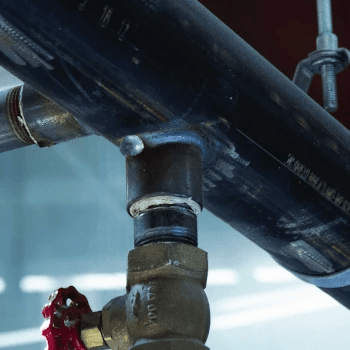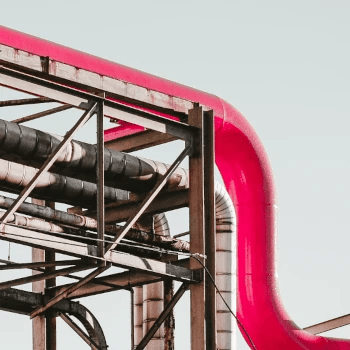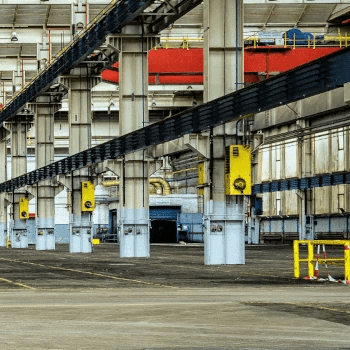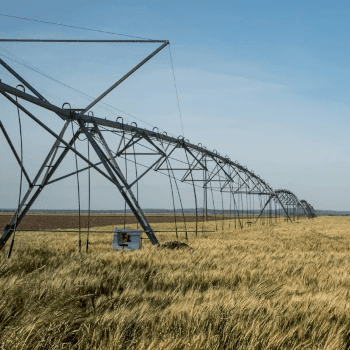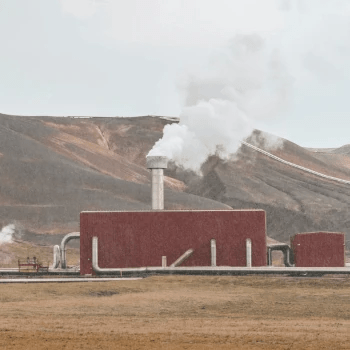HDPE FOR Geothermal applications
High-Density Polyethylene (HDPE) pipes are used in various applications in the geothermal industry, where the heat from the Earth’s interior is harnessed for energy production and heating. HDPE pipes are favored for their durability, resistance to corrosion, and heat resistance. Here are common uses of HDPE pipes in geothermal applications:
Geothermal Heating and Cooling Systems
HDPE pipes are employed to transport geothermal fluid, which carries heat from the Earth’s interior to heat pumps or absorption chillers for building heating and cooling systems. These closed-loop systems circulate a heat transfer fluid (usually water or a water-antifreeze mixture) within the HDPE pipes to exchange heat with the ground.
Ground Source Heat Pumps (GSHP)
HDPE pipes are used to create the ground loop systems for GSHPs. These systems consist of underground HDPE pipes that transfer heat to or from the ground to heat or cool buildings efficiently.
Injection and Production Wells
In geothermal power generation, HDPE pipes are used in the injection and production wells. They transport geothermal fluids (hot water or steam) from production wells to the surface for power generation and return cooled water to injection wells to maintain reservoir pressure.
Hot Water Distribution
HDPE pipes are used to distribute geothermal hot water for direct heating applications, such as district heating systems, swimming pools, greenhouses, and industrial processes.
Geothermal Power Plants
HDPE pipes play a critical role in geothermal power plants, where they transport hot geothermal fluids from wells to the power plant for electricity generation, as well as for reinjection into the reservoir.
Reinjection Systems
HDPE pipes are used to return cooled geothermal fluids back into the reservoir after heat extraction to maintain reservoir pressure, ensuring the long-term sustainability of the geothermal resource.
Geothermal Exploration
HDPE pipes are used for exploration drilling in geothermal prospecting to investigate potential resources before developing production and reinjection wells.
Geothermal Research and Monitoring
HDPE pipes are used in research and monitoring systems to measure temperature, pressure, and flow of geothermal fluids, helping scientists and engineers better understand and manage geothermal resources.
Environmental Applications
HDPE pipes are used in environmental applications such as geothermal soil remediation, where heat is used to treat contaminated soil and groundwater.
Greenhouse Heating
Geothermal hot water conveyed by HDPE pipes is used for greenhouse heating to create a controlled climate for the cultivation of crops in colder climates.
HDPE pipes are favored in geothermal applications due to their resistance to corrosion, heat tolerance, and durability. They play a crucial role in harnessing and utilizing the Earth’s geothermal energy for heating, cooling, and power generation, contributing to sustainable and renewable energy sources.
BENEFITS OF HDPE PIPE FOR Geothermal
- Corrosion Resistance: HDPE pipes are highly resistant to corrosion, ensuring long-term durability when transporting geothermal fluids, which can be corrosive.
- Heat Resistance: HDPE pipes are capable of withstanding the high temperatures associated with geothermal fluids, making them ideal for use in both the extraction and distribution of geothermal heat.
- Leak-Proof Joints: Fusion welding of HDPE pipes results in seamless, leak-proof joints, ensuring the safety and integrity of the system.
- Durability: HDPE pipes are durable and can withstand the thermal cycling and pressure variations inherent in geothermal systems, minimizing the need for frequent maintenance and replacements.
- Chemical Resistance: HDPE pipes can withstand exposure to the chemical components present in geothermal fluids without degradation, ensuring the pipes remain unaffected.
- Long Service Life: HDPE pipes have a long operational life, even in the demanding conditions of geothermal applications. This longevity reduces the need for replacements, saving both time and costs.
- Smooth Internal Surface: The smooth interior surface of HDPE pipes minimizes friction and turbulence, promoting a more efficient flow of geothermal fluids and reducing energy consumption.
- Lightweight: HDPE pipes are lightweight, making them easier to transport, handle, and install, which is particularly valuable in remote or challenging geothermal sites.
- Trenchless Installation: HDPE pipes are well-suited for trenchless installation methods, reducing the disruption to the environment and minimizing installation time and costs.
- Environmental Sustainability: HDPE is an environmentally friendly material, contributing to eco-friendly geothermal energy practices.
- Flexibility: HDPE pipes are flexible and can accommodate ground movement and subsidence, a common occurrence in geothermal fields.
- UV Resistance: HDPE pipes can be used in above-ground geothermal systems exposed to sunlight due to their UV resistance.
- Safety: HDPE pipes are a safe choice in geothermal applications, as they do not embrittle or experience stress corrosion cracking.
- Variety of Liners: HDPE pipes can be used with liners to provide additional protection in extreme geothermal conditions or with aggressive geothermal fluids.
Get started today
Ready to experience the exceptional advantages of HDPE pipes in your geothermal projects? Contact our sales representatives today to request a custom quote tailored to your specific needs. Don’t wait – seize the opportunity to optimize your geothermal operations with the reliability and efficiency of HDPE technology.
Forward Thinking,
Forward Driven,
Indigenous Business Partnerships
With pride, professionalism, and precision as our foundation, we connect industry partners with our Indigenous community to bring sustainable success and growth across nine different divisions.
“kahmiyo skwichis piyo” – To work together
Industries & Applications
Our Office

Contact Information
- Phone: 825-901-2700
- Email: sales@alexandertubular.ca
Address
- 3052 84 Avenue
- Edmonton, AB T6P 1K3
Hours of Operation
- Monday: 8:00 AM – 4:30 PM
- Tuesday: 8:00 AM – 4:30 PM
- Wednesday: 8:00 AM – 4:30 PM
- Thursday: 8:00 AM – 4:30 PM
- Friday: 8:00 AM – 4:30 PM
- Saturday: Closed
- Sunday: Closed

